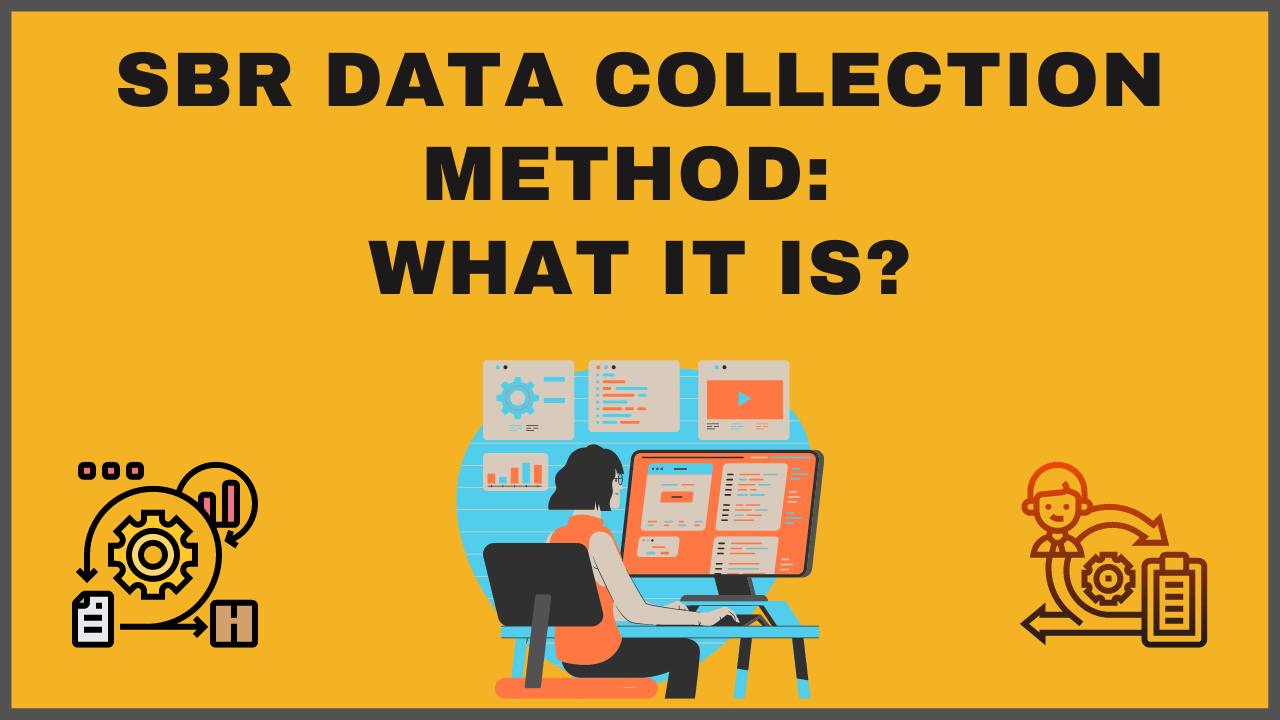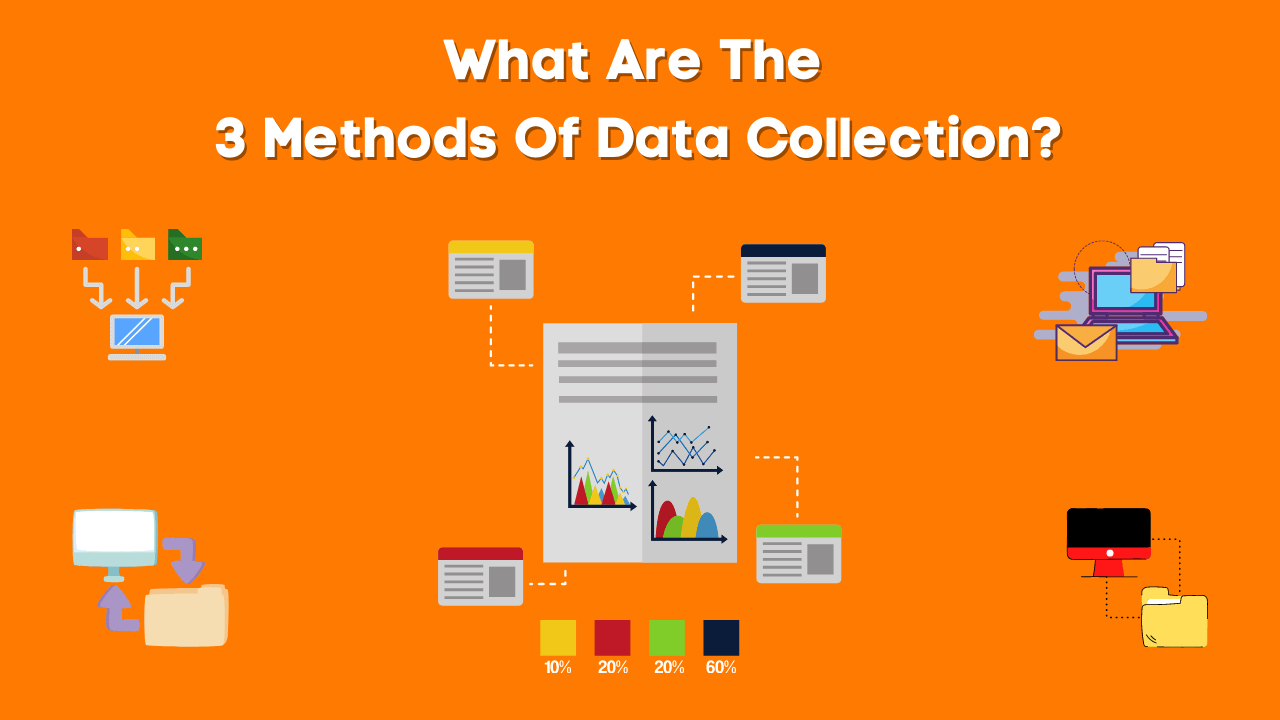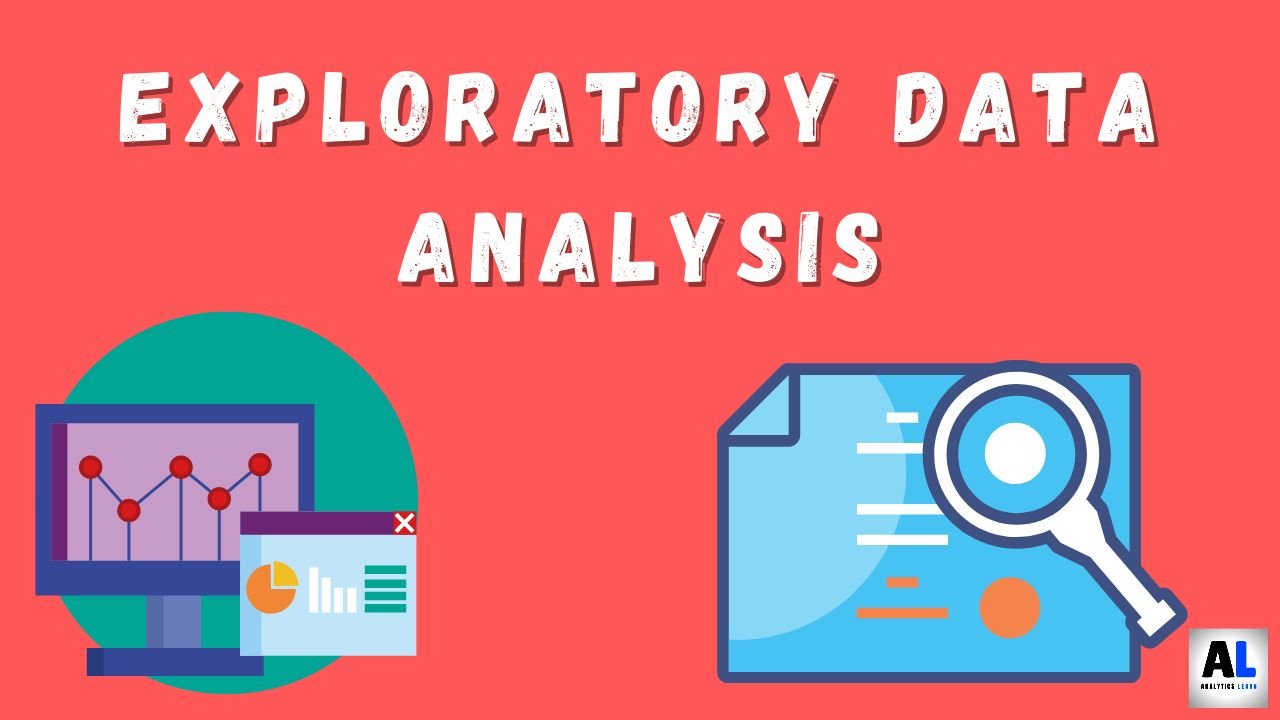In this Article, we will discus the SBR Data Collection Method know as Social and Behavioral Research Data Collection Methods in detail.
Social and behavioral research aims to understand human behavior, attitudes, and interactions within various contexts.
To gain insights into these complex phenomena, researchers employ specific data collection methods tailored to capture meaningful data.
This article delves into the realm of social and behavioral research data collection, exploring the methods commonly utilized to gather valuable information about human behavior, attitudes, and social dynamics.
What is SBR Data Collection?
SBR Data Collection refers to the process of systematically gathering and documenting data in the field of social and behavioral research.
It involves collecting information related to human behavior, attitudes, interactions, and social dynamics in order to gain insights, analyze patterns, and understand underlying factors.
SBR Data Collection is driven by the need to study and comprehend various aspects of human behavior within social contexts.
It aims to answer research questions, test hypotheses, and contribute to the knowledge base in disciplines such as sociology, psychology, anthropology, and communication.
The primary objective of SBR Data Collection is to collect accurate and reliable data that can be analyzed to draw meaningful conclusions and support evidence-based decision-making.
This data is often collected using specific methods and techniques tailored to capture the complexity of social and behavioral phenomena.
Importance of SBR Data Collection Method:
Data collection methods in social and behavioral research are essential for several reasons:
1. Understanding Human Behavior:
By collecting data, researchers can gain a deeper understanding of human behavior, including motivations, decision-making processes, social interactions, and cultural influences.
2. Identifying Patterns and Trends:
Data collection allows for the identification of patterns and trends in human behavior, enabling researchers to discern commonalities, variations, and factors that influence social dynamics.
3. Evidence-Based Policies and Interventions:
Robust data collection methods provide empirical evidence that informs the development of effective policies, interventions, and programs targeting social issues and behavioral change.
4. Evaluation of Interventions:
Data collection facilitates the evaluation of interventions and programs by capturing information about their outcomes, impacts, and effectiveness, helping researchers and practitioners make informed decisions.
Related Article: How to Collect Research Data?
Which of the Following is Considered a SBR Data Collection Method?
The realm of SBR data collection, examining different methods and highlighting which ones are commonly recognized in this field.
1. Surveys:
Surveys are a popular method for collecting data in social and behavioral research.
They involve structured questionnaires administered to participants either in person, through interviews, or via online platforms.
Surveys can gather information on attitudes, beliefs, opinions, and behaviors.
2. Interviews:
Interviews allow researchers to gather in-depth information through direct conversations with participants.
They can be conducted in various formats, including structured, semi-structured, or unstructured, depending on the research objectives.
Interviews provide rich qualitative data and offer insights into participants’ experiences, perspectives, and motivations.
4. Observational Studies:
Observational methods involve systematically observing and recording behaviors, interactions, or events in natural settings.
Researchers may adopt participant observation, where they actively engage with participants, or non-participant observation, where they observe without directly participating.
Observational studies provide valuable insights into social dynamics, group behavior, and cultural practices.
5. Focus Groups:
Focus groups bring together a small group of individuals to engage in guided discussions on a specific topic.
This method allows researchers to explore attitudes, beliefs, and shared experiences within a social context. Focus groups encourage interactions and facilitate the exploration of diverse perspectives.
6. Case Studies:
Case studies involve in-depth examinations of specific individuals, groups, or events. Researchers gather data through various methods, such as interviews, observations, and document analysis.
Case studies provide nuanced insights into complex social phenomena and offer context-specific understanding.
7. Archival Research:
Archival research involves the analysis of existing records, documents, or artifacts related to the research topic.
Researchers examine historical documents, diaries, letters, public records, or online archives to extract relevant data for analysis.
Archival research allows for the exploration of long-term trends and historical contexts.
8. Experimental Methods:
Experimental methods involve manipulating variables and observing the effects on participants’ behavior or attitudes.
Controlled experiments provide insights into cause-and-effect relationships and allow researchers to draw conclusions about the impact of specific interventions or stimuli.
9. Digital Methods:
With the rise of digital technologies, researchers can utilize data collection methods that leverage online platforms, social media, and digital interactions.
This includes analyzing user-generated content, sentiment analysis, social network analysis, and tracking online behavior patterns.
Related Article: What are the 3 Methods of Data Collection?
Considerations for Ethical Data Collection:
Ethical considerations are paramount when collecting social and behavioral research data.
Researchers must ensure informed consent, protect participants’ privacy and confidentiality, and minimize any potential harm.
Institutional Review Boards (IRBs) play a crucial role in the ethical review process, ensuring that research involving human subjects adheres to ethical guidelines.
SBR Data Collection requires careful planning, ethical considerations, and appropriate sampling techniques to ensure data accuracy, participant privacy, and the validity of findings.
Researchers must also address potential biases and limitations associated with their chosen data collection methods.
Overall, SBR Data Collection plays a crucial role in understanding and exploring human behavior, attitudes, and social dynamics.
It provides researchers with the necessary empirical evidence to contribute to knowledge development and inform evidence-based practices and interventions in various fields of study.
Related Article: Which Types of Data Need to Collect for Business?
Conclusion
Social and behavioral research data collection methods provide valuable insights into human behavior, attitudes, and social dynamics.
Surveys, interviews, observational studies, focus groups, case studies, archival research, experimental methods, and digital methods are commonly used techniques in this field.
Each method offers unique advantages and considerations, depending on the research objectives, context, and available resources.
Researchers must carefully plan and design data collection procedures while ensuring ethical considerations.
Informed consent, privacy protection, and minimizing harm are essential ethical principles to uphold throughout the research process.
Ethical review boards and guidelines provide valuable guidance to ensure that data collection methods align with ethical standards.
By employing appropriate data collection methods and ethical practices, social and behavioral researchers can contribute to a deeper understanding of human behavior, inform evidence-based policies and interventions, and contribute to positive societal change.
Related Article: Data Understanding for Data Science – Detail Explained

Meet our Analytics Team, a dynamic group dedicated to crafting valuable content in the realms of Data Science, analytics, and AI. Comprising skilled data scientists and analysts, this team is a blend of full-time professionals and part-time contributors. Together, they synergize their expertise to deliver insightful and relevant material, aiming to enhance your understanding of the ever-evolving fields of data and analytics. Join us on a journey of discovery as we delve into the world of data-driven insights with our diverse and talented Analytics Team.










